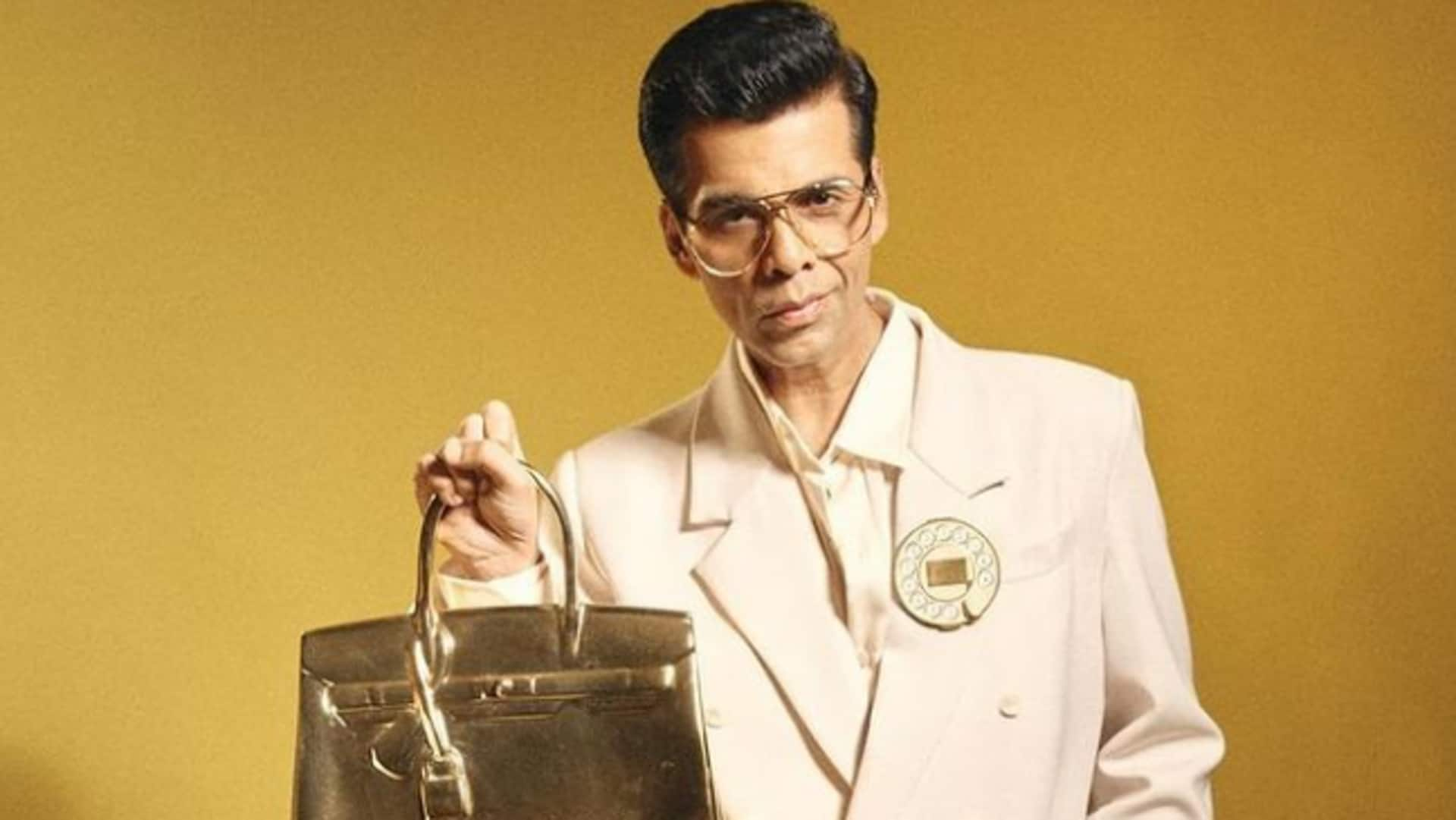Todd Phillips’ 2017 blockbuster Joker was a standalone origin story for the DC Universe’s most celebrated super-villain, The Joker, who has been Batman’s recurring nemesis since 1940. Drawing overtly on Martin Scorsese’s classic studies of American psychosis, Taxi Driver (1976) and The King of Comedy (1982) , it was the boldest attempt yet to render comic-book characters with psychological depth and complexity on film. But audiences and critics had mixed feelings about Joker, real name Arthur Fleck, who was portrayed by Joaquin Phoenix in an Oscar-winning performance .
The film seemed ambivalent to Fleck’s murderous violence, which it portrayed as the inevitable consequence of his abandonment by a callous, shallow and vicious culture. It meant that some fans saw Joker not as pitiable – but heroic . Seemingly taken aback by this reaction, Phillips’ belated sequel, Joker: Folie à Deux, sets out to deliver an unmistakable correction – at considerable length and with singleminded insistence.
The film is an extended, self-righteous rebuke to anyone foolish enough to have mistaken Joker for an incel manifesto . Spending US$200 million (£152 million) to berate the film’s potential audience in this fashion is certainly a bold and novel strategy. As an ethical stance, it may even be admirable.
Unfortunately, dramatic interest, character development and audience engagement are all collateral damage of Phillips’ take-no-prisoners approach. Few blockbuster films ca.


















